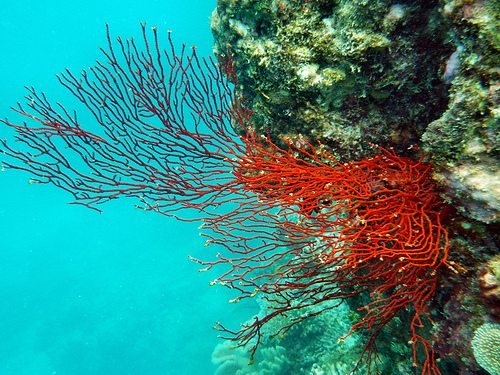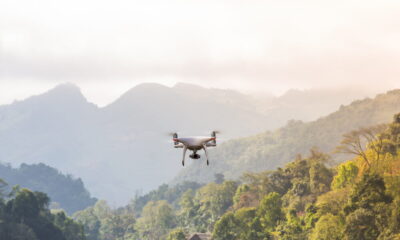

Environment
Great Barrier Reef at ‘low risk’ after US Navy bomb mishap
Four bombs dropped into the Great Barrier Reef by the US Navy pose a “low risk” to local wildlife, according to the Great Barrier Reef Marine Park Authority.
A spokesperson for the park’s administrators said, “The incident was deemed by the authority to be low risk to the marine environment and has been addressed as an operational matter since it occurred.
“A high priority for the authority is to continue to work with the Department of Defence to identify options for rapid recovery of the ordnances so they pose no risk to the marine park and stakeholders.”
Fighter jets dropped the unarmed bombs when a training exercise went wrong last Tuesday.
Commander William Marks of the US Seventh Fleet told ABC that the bombs were dropped at a safe distance from the reef, and do not pose and risk to shipping.
The jets, launched from the USS Bonhomme Richard, were forced to unload its missile arsenal in the protected region after it was reported that civilian boats had entered the intended bombing range.
The drill was part of the biannual Talisman Saber exercise. The joint operation between the Australian Defence Force (ADF) and the US military has been criticised since it started in 2005.
However, the ADF says it is “committed to being a leader in sustainable environmental management.”
In June, researchers from Macquarie University suggested that deforestation might pose an even bigger threat to coral reefs than global warming.
The study says that clearing forest for land use causes sediment to be washed down to the coasts, which can then block sunlight from reaching the corals.
Further reading:
Marine conservation could be worth ‘billions’ to UK economy
No truly ‘green economy’ without a ‘blue economy’






























